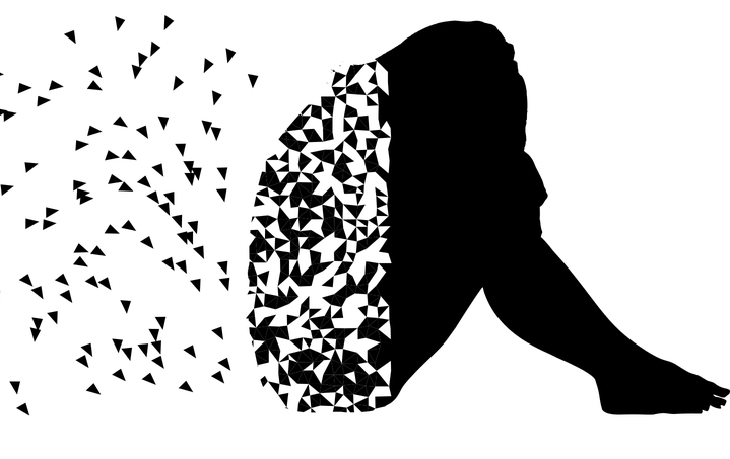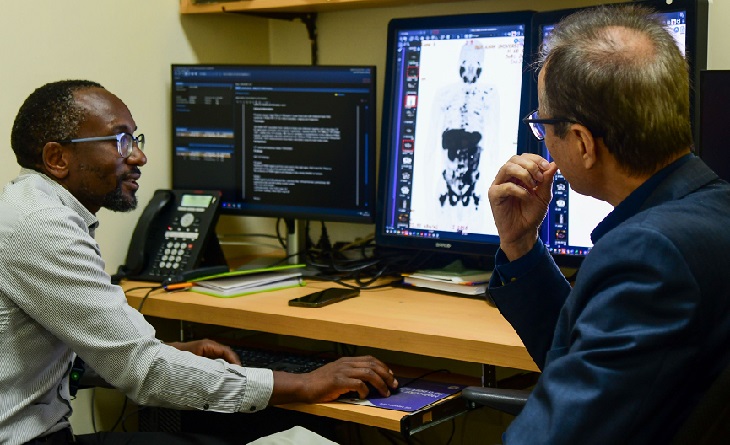Over three decades have passed since the inception of World Mental Health Day in 1992, an initiative by the World Federation for Mental Health to spotlight mental health issues and rally global efforts in their support.
Nations worldwide have responded through diverse initiatives such as championing mental health causes, hosting events, conducting awareness campaigns, and organizing walks, runs, and fundraisers. Despite these efforts, mental health challenges persist, prompting a closer look at our cultural perspectives.
Understanding the persistent challenges surrounding mental health in our society requires a cultural lens. Culture shapes attitudes toward mental health, influencing understanding, help-seeking behaviors, coping styles, social supports, and the stigma attached to mental illness. Consequently, family and community perspectives play a pivotal role in an individual’s willingness to share their struggles.
In recent years, Kenya has witnessed a growing acknowledgment of mental health’s significance. Efforts have been made to integrate mental health into the broader healthcare system, challenging stereotypes through awareness campaigns. The signing of the Mental Health Amendment Act 2022 at the national level marked progress, yet the journey ahead is still substantial. A startling statistic from the Kenyan National Commission of Human Rights suggests that one in four seeking medical treatment suffers from a mental health disorder.
The primary obstacle we face is the pervasive stigma and shame associated with mental health issues. Misconceptions abound, labeling those with mental health challenges as “crazy” or “weak.” In workplaces, individuals fear discrimination if they disclose such challenges, adding to the burden. Moreover, family and community pressures can impact mental health, complicating the delicate balance between work and family obligations.
Limited awareness and understanding of mental health contribute to negative attitudes, fostering fear and prejudice. Recognizing signs and symptoms of mental illnesses becomes challenging, causing delays in seeking appropriate care.
Gender norms further complicate perceptions of mental health. Men may grapple with conforming to traditional notions of masculinity, hindering vulnerability expression. Women, too, may face dismissive attitudes or attribute mental health concerns to hormonal factors. Consequently, individuals with mental health issues may experience social isolation and discrimination, intensifying the impact of their conditions. Cultural communication styles can also pose barriers, as openly discussing mental health may clash with traditional norms.
Amidst these challenges, reaching out to key stakeholders becomes paramount. Mental health care providers, counselors, and organizations like Tunza Safeguarding, a Kenyan-based consultancy firm promoting safeguarding measures and emotional well-being support, can offer vital support.
As we commemorate this year’s World Mental Health Day under the theme “Mental Health as a Universal Human Right,” let’s connect, engage, and take action. Recognizing the evolving mental health landscape in Kenya, we must foster collaboration among government agencies, non-profit organizations, and mental health advocates to promote understanding, acceptance, and access to mental health services.









